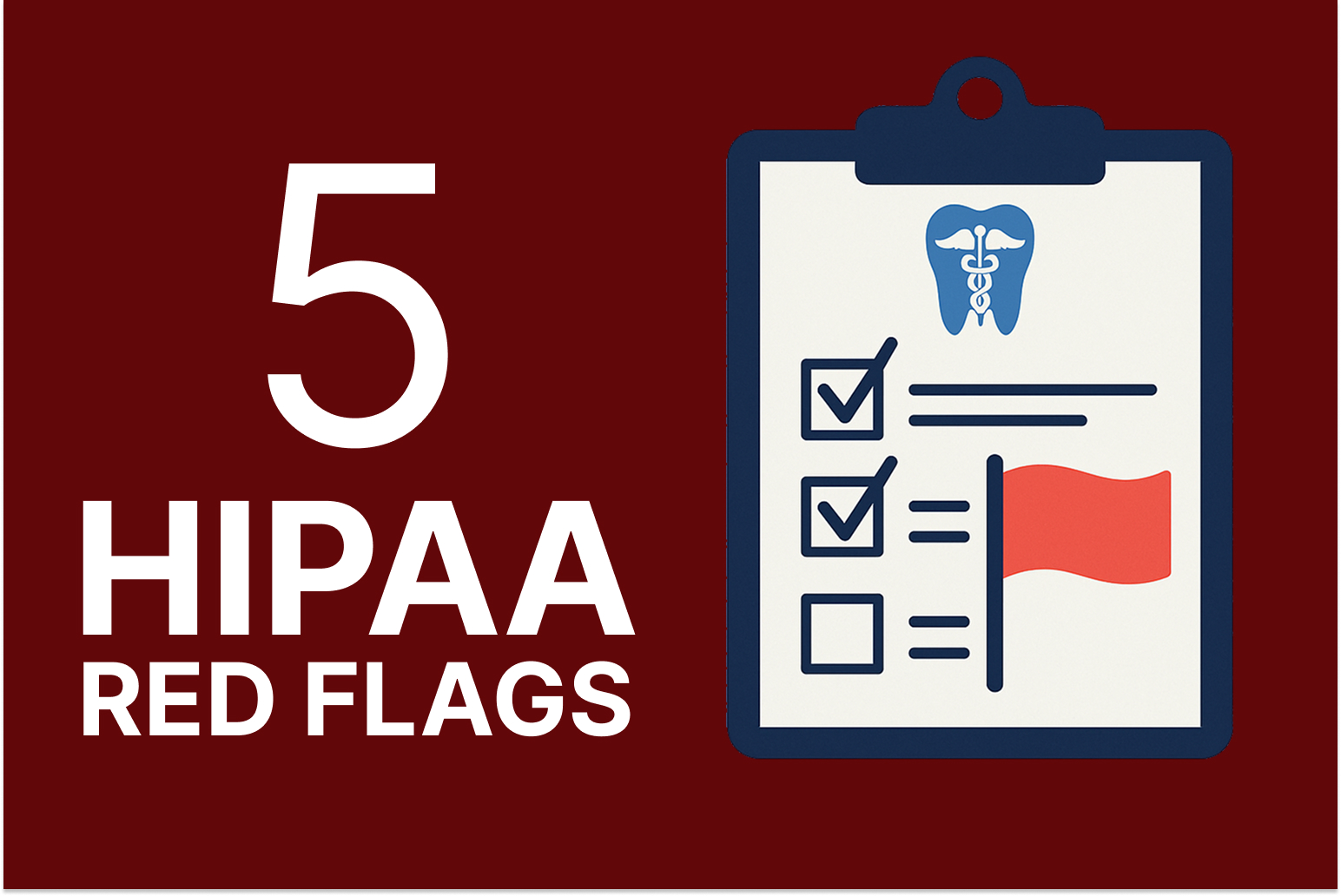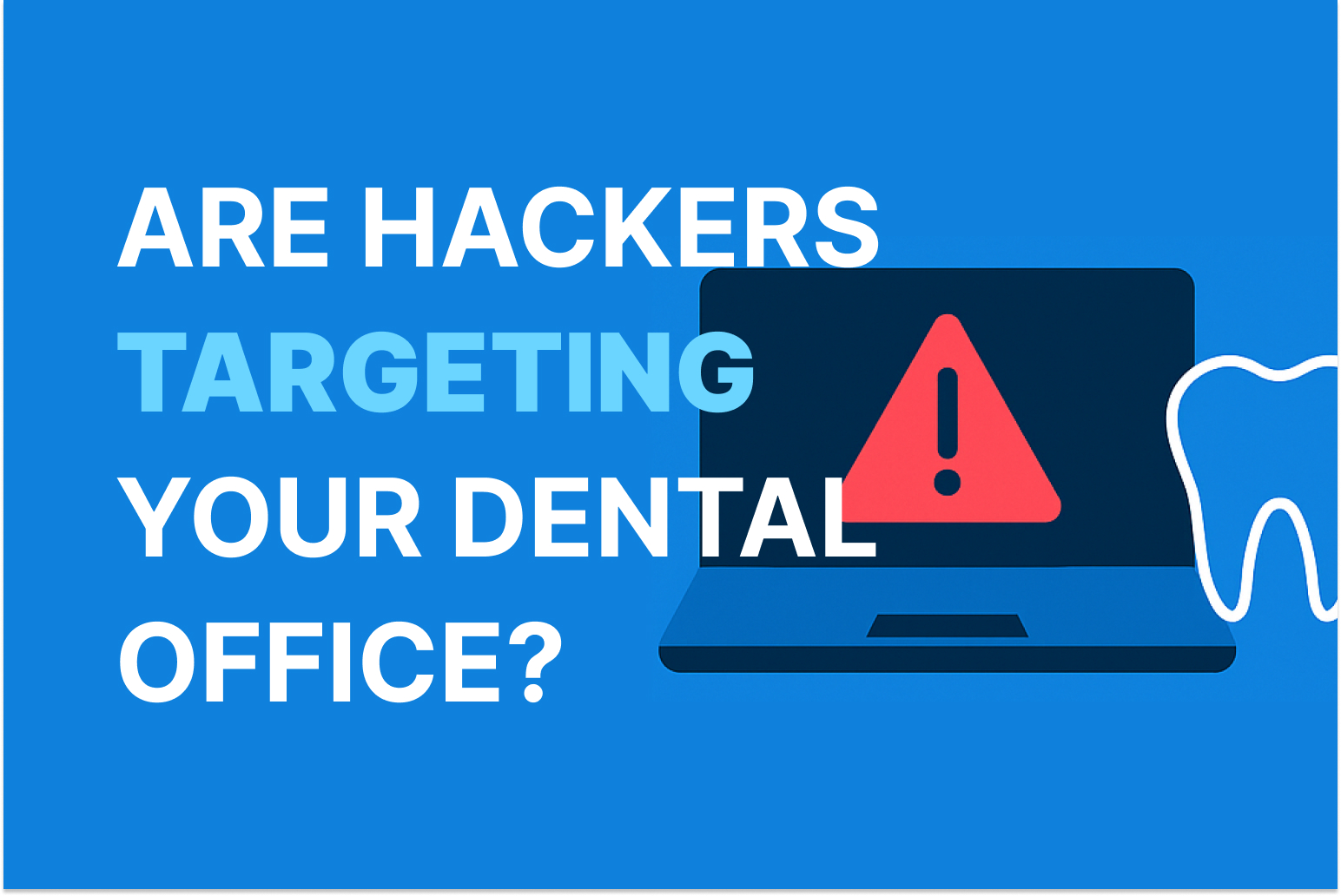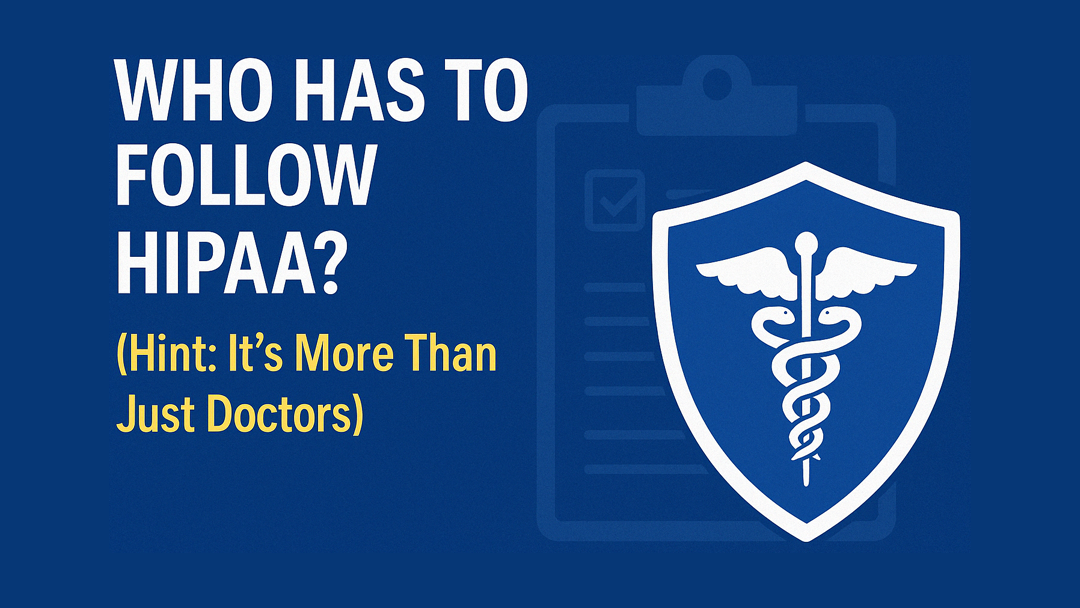
The ADA's Take on Cybersecurity is Not Enough
The ADA shared helpful advice on how to protect your dental office from hackers. It covers the basics like training your team, using security software, and making backups. These are good first steps. But with cyber threats growing fast, most practices need a bit more.
Train your team often, not just once
One of the tips is to train staff on how to spot threats. That’s smart, but yearly training isn’t enough. Talk about security in your regular team meetings. Show examples of real scam emails. Ask your staff what they would do if something suspicious popped up. Small reminders work better than one big lesson.
Use tools that actually stop new attacks
Antivirus and firewall software are must-haves, and most dentists already use them. But not all tools are strong enough. Some only catch old threats. Make sure your software updates daily. Firewalls also need to be set up correctly. If they aren’t, they won’t help much.
Don’t wait for a crisis to find the gaps
Having a plan in case of a cyberattack is a great start. But it’s even better to stop problems before they start. Hire someone to test your system like a pretend hacker. This shows you where you’re open to attack before someone real finds out.
Lock the whole device, not just the file
One point mentions protecting files with passwords. That helps, but if a laptop or phone is stolen, the whole thing needs to be locked. Full-device encryption makes sure no one can get into patient info, even if they have the computer in their hands.
Backups are only useful if they work
Backing up your data is key, but backing up to one drive in the office isn’t enough. Keep one copy offsite or in the cloud, and test it often. A backup that hasn’t been tested might fail when you need it most.
Make sure your vendors are playing by the rules
If your IT company, software provider, or billing partner has access to patient data, they need to sign a Business Associate Agreement (BAA). This is required under HIPAA and helps protect you if something goes wrong on their end.
Final thoughts
The ADA’s article is a solid checklist to start with, especially if your office hasn’t thought much about cybersecurity before. But these days, the bare minimum isn’t enough. Hackers are aiming at small practices because they expect you to be unprepared.
Take their advice and build on it. If you’re not sure where to begin, Fortress Concepts is here to help.


